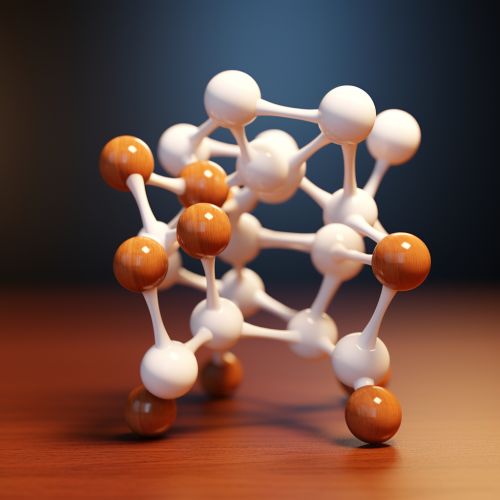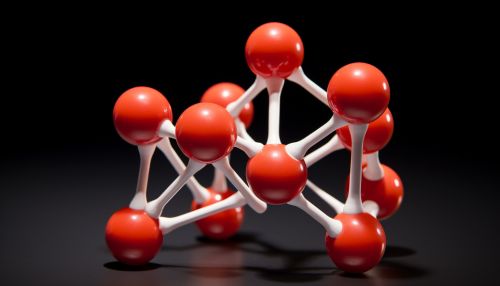Progesterone
Overview
Progesterone is a steroid hormone that plays a critical role in the menstrual cycle, pregnancy, and embryogenesis of humans and other species. It belongs to a group of hormones known as progestogens, and is the major naturally occurring human progestogen.


Biochemistry
Progesterone is a 21-carbon steroid hormone involved in the female menstrual cycle, pregnancy (supports gestation), and embryogenesis of humans and other species. It contains a keto group and three hydroxyl groups. Progesterone is synthesized from both tissue and circulating cholesterol via the steroidogenic pathway.
Function
Progesterone plays a vital role in the human body, especially in the processes of the menstrual cycle and pregnancy. During the menstrual cycle, progesterone levels rise after ovulation to help prepare the endometrium (lining of the uterus) for possible implantation of an embryo. If implantation does not occur, progesterone levels fall, leading to menstrual bleeding.
Production
Progesterone is produced in the ovaries (specifically after ovulation in the corpus luteum), the adrenal glands, and, during pregnancy, in the placenta. Progesterone is also stored in adipose (fat) tissue.
Role in Menstrual Cycle
In the menstrual cycle, progesterone levels rise after ovulation to help prepare the endometrium (lining of the uterus) for possible implantation of an embryo. If implantation does not occur, progesterone levels fall, leading to menstrual bleeding.
Role in Pregnancy
During pregnancy, progesterone is crucial for the survival and health of the embryo and fetus. Progesterone helps to maintain the uterine lining and prevent ovulation during pregnancy, and also supports the growth and differentiation of the mammary glands.
Clinical Significance
Progesterone has a variety of important functions in the body. It is also a crucial metabolic intermediate in the production of other endogenous steroids, including the sex hormones and the corticosteroids, and plays an important role in brain function as a neurosteroid.
